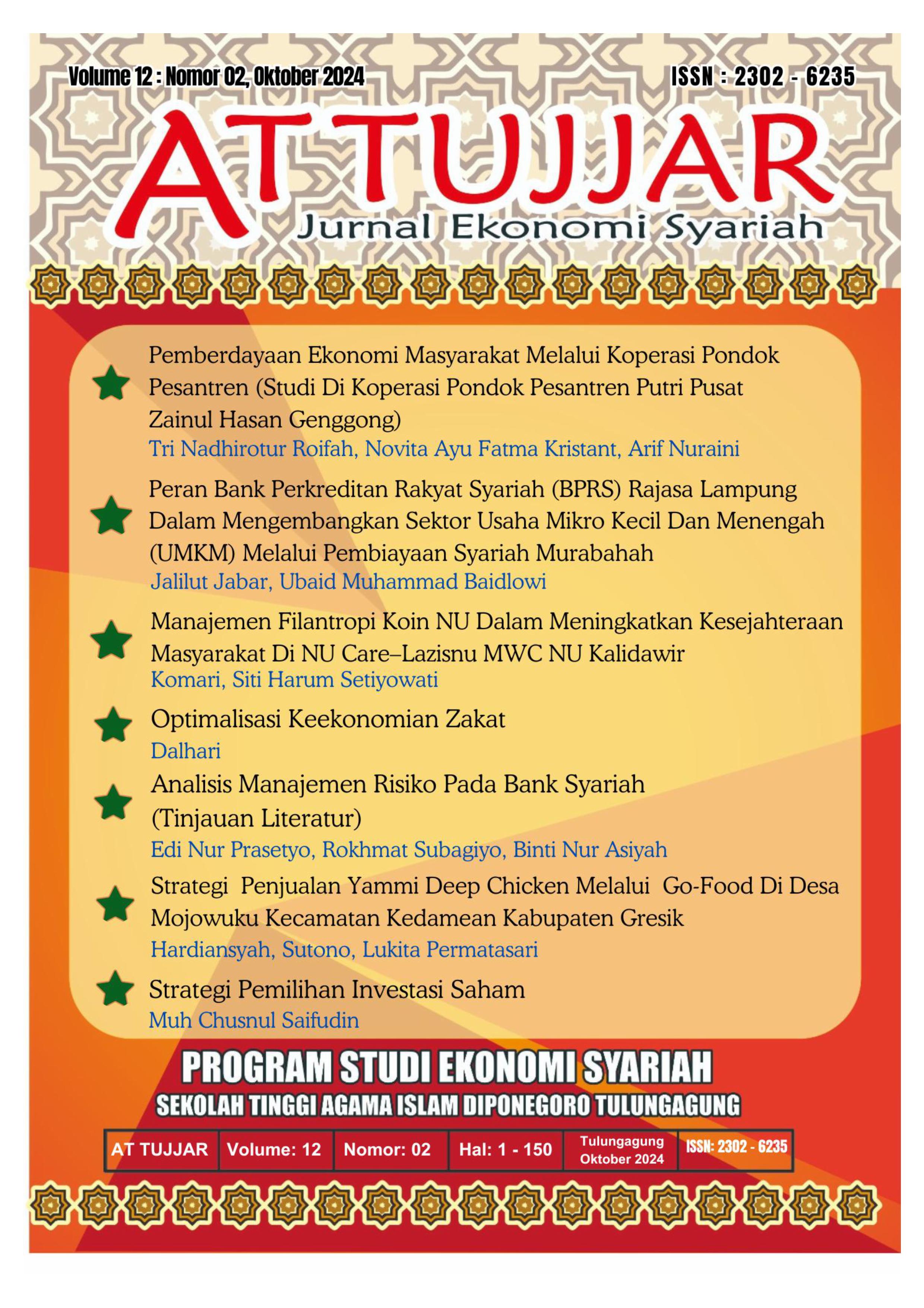OPTIMALISASI KEEKONOMIAN ZAKAT
Abstract
Indonesia is a unitary state with a Muslim majority, in fact the number of Muslims in Indonesia is the largest in the world. As a religious country, Indonesia upholds humanitarian values, therefore one of the national goals of the Indonesian state is to advance public welfare in order to create a just and prosperous society. In an effort to improve the welfare of the community, the state has implemented various programs such as tax collection, the results of which are used to provide various subsidies, cheap rice, and others. However, an important step related to efforts to reduce economic disparities is the formation of Law no. 38 of 1999 concerning the management of zakat. This law provides the widest possible opportunity for Muslims to show their religious contribution in efforts to resolve crucial problems faced by the state, namely the existence of socio-economic disparities. In accordance with the foundation of the Republic of Indonesia, namely Pancasila and in accordance with the provisions of Article 29 of the 1945 Constitution, the government has an obligation to provide guidance and assistance to facilitate efforts to develop religion in accordance with the teachings of each religion, including taking care of everything related to Islamic religious matters, including in terms of managing zakat.




